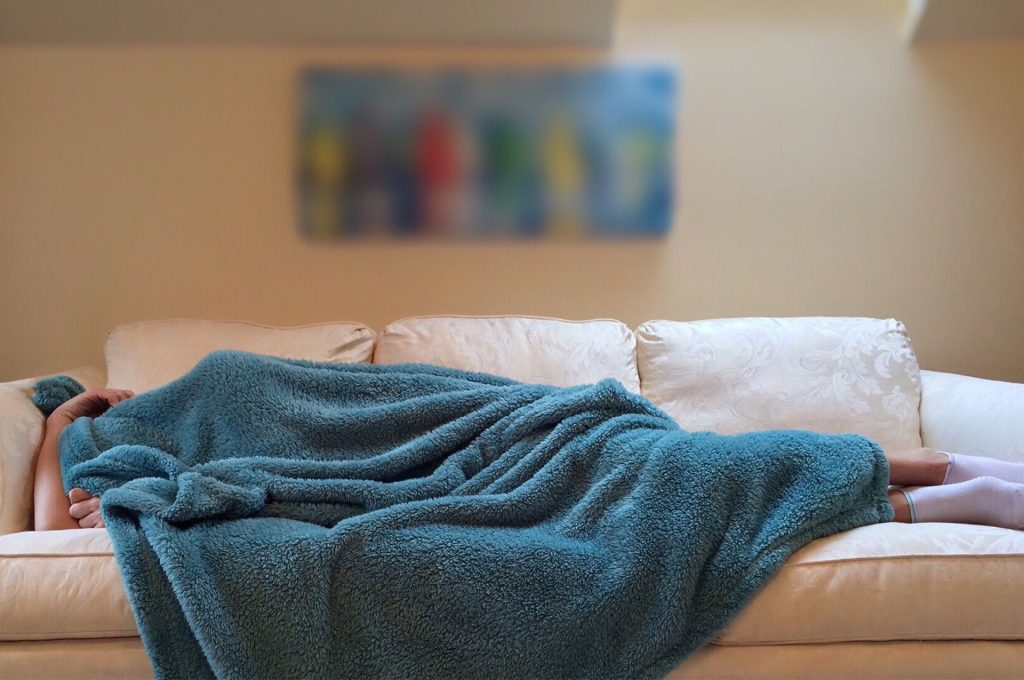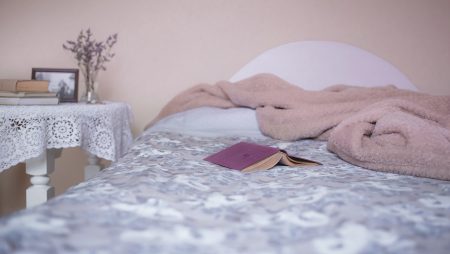
Hypnotism or hypnosis has long been associated with magicians and illusionists, but what people often forget is that it’s also an old trick used by certified hypnotherapists for treating a number of issues such as depression, anxiety, insomnia, and other disorders of the mind. Therefore, hypnosis can definitely help people in sleeping better.
Relaxation
One of the primary reasons as to why a person is unable to sleep for long or at all is because he/she is incapable of voluntary relaxation. We can only sleep peacefully when both our mind and body relax, and that’s exactly what a hypnotherapist brings about in the patient; a state of psychological and physical relaxation through hypnotism, which leads to restful sleep automatically.
Understand that deep sleep or slow-wave sleep is what we all need in order to wake up refreshed. Deep sleep is also necessary to form memories and hypnotic suggestions significantly increase the time a person spends in their deep sleep state, thereby ensuring that not only is he/she able to sleep, but the sleep is actually more useful to their health and life.
Helping with Somnambulism
Somnambulism or sleepwalking is commonly seen in children, and even in some adults. Strangely enough, the reasons behind sleepwalking are not yet completely clear, although there have been many studies through the years. The condition is characterized by not only the act of walking but also some other complex motor functions by the individual while remaining asleep or only semi-conscious. As this could potentially lead to falls and a variety of dangerous situations for the patient and those around him/her, it is often necessary to treat somnambulism with hypnotherapy early on. Hypnotherapists help patients with somnambulism keep safe by planting a hypnotic suggestion during the session, which invariably wakes them up each time they get out of the bed and their feet touch the floor.
Does Hypnotherapy Work for Everyone?
The answer is no, hypnotherapy does not work for certain people because they simply can’t be hypnotized at all. Fortunately, these are rare individuals and those that are already suffering from some sort of sleep deprivation due to anxiety, depression, etc., will most likely be open to hypnotism and its benefits. Note that being resistant to hypnotherapy and being completely immune to its effects are not the one and the same. Those that are more resistant to hypnotherapy will require more sessions to achieve the desired result, but it can be done, albeit at a slower pace.
Is Hypnotherapy Enough to Solve All your Sleeping Issues?
It can help greatly on its own and hypnotherapy will definitely amplify the effectiveness of other treatment options, but it’s not a completely standalone treatment either. Depending on the particular sleep issue in question, and the severity of the condition, medication and therapy might also be required to properly address the issue and its underlying causes. Nevertheless, most people who go for hypnotherapy sessions see great improvements from the very first one because of the treatment’s direct and unorthodox approach.


